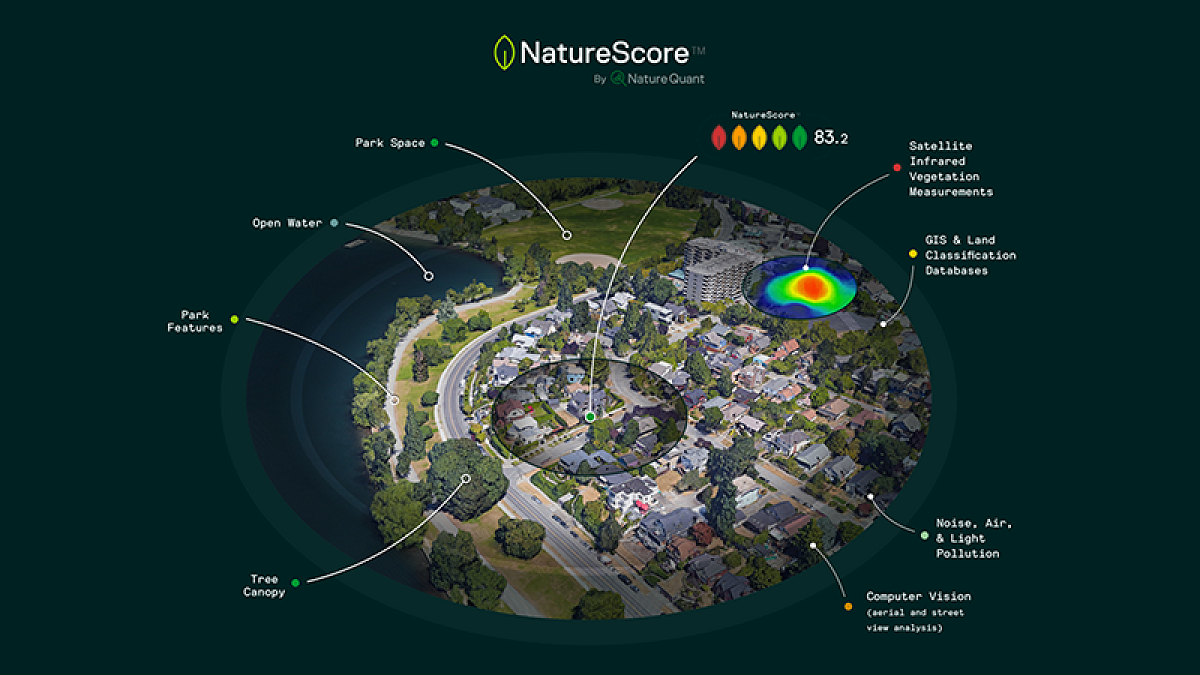Helpful tools for mental and behavioral health professionals. An adjustable desktop shade for using screens in offices with natural light. An app to improve health by spending time in nature.
Those are just some of the ways that new enterprises supported by the University Venture Development Fund benefit society. Oregonians who give to the fund before the new year could also benefit from a state tax credit.
“Despite the challenges of last year, UO researchers continued finding solutions to the challenges of today, and those that lie ahead, all while creating new businesses and transforming industries,” said Cass Moseley, interim vice president for research and innovation. “UVDF is the engine that drives innovation at the UO, and investment help turn ideas into inventions and businesses. For those interested in giving to the university, this is a great way to leverage a gift because this helps the region’s economy. And Oregonians are eligible for a tax break.”
The fund helps transform discoveries made at the university into businesses by offering consulting, seed funding and support programs to help researchers develop products and launch new enterprises. UO students also benefit from the experience of helping translate research into entrepreneurial activities.
For a limited time, donations to the fund could provide donors with a state tax credit — not just a deduction, but a tax credit — of up to 60 percent of the gift with a maximum benefit of $600,000. Individuals or corporations may contribute cash or publicly traded stock, and credits are available on a first-come, first-served basis. The UO has a limited on the total Oregon income tax credits it can issue.
“UVDF helped us launch our business with funds for web development and other expenses that aren’t always covered by research grants,” said Beth Stormshak, Philip H. Knight Chair and department head in counseling psychology and human services. “This enabled us to develop our products and go to market.”
Stormshak, who founded UO spinoff Northwest Prevention Science Inc., anticipates the company’s software and training will ultimately improve mental health and wellness for many children and families. The Family Check-Up model started more than two decades ago, when researchers at the UO’s College of Education began developing a program to reduce mental health problems and behavioral risk-taking among children ages 2-17.
Thanks to help from the development fund, Stormshak and her colleagues are working to broaden the impact of their proven model. Their reach is global, and their product is highly scalable. The company offers software and training so health professionals can use the model effectively, with individuals and also in agencies, schools and community organizations.
“The UVDF has been incredibly helpful,” said professor Kevin Van Den Wymelenberg, director of the UO’s Institute for Health in the Built Environment and founder and chief executive officer of Taskshade, another UO startup. “The entire university benefits when we collaborate with industry and create new businesses.”
Taskshade has developed a novel way for people to enjoy natural lighting while blocking just enough sunlight to use screens effectively. Their portable, adjustable shading system enables computer users to work in variable lighting conditions and preserve their views of nature.
Buildings with access to natural light and views are more energy efficient, feel more spacious and simply look better. Extensive studies demonstrate how access to windows help people, both psychologically and physiologically—benefits that are increasingly important as we spend more of our time indoors.
Another benefit the fund offers UO researchers is networking, said Chris Minson, the Kenneth and Kenda Singer Professor in Human Physiology and chief science officer for UO spinoff NatureQuant.
“Beyond the financial support to start developing our app, UVDF connected us with other researchers,” Minson said. “Thanks to them, we found a perfect partner right here on our own campus.”
Using data and artificial intelligence, NatureQuant generates a NatureScore indicating the natural attributes of any given location, where you live, where you work or where you are right now.
The company’s NatureDose score measures exposure to nature over days, weeks and months. Quantifying nature, Minson said, helps give it a tangible value. Doctors, insurance companies, real estate investors, city planners and others may be using this data to inform their work.
To make a gift to the fund or learn more about tax benefits for Oregonians, visit the University Venture Development Fund.
—By Ed Dorsch, University Communications


